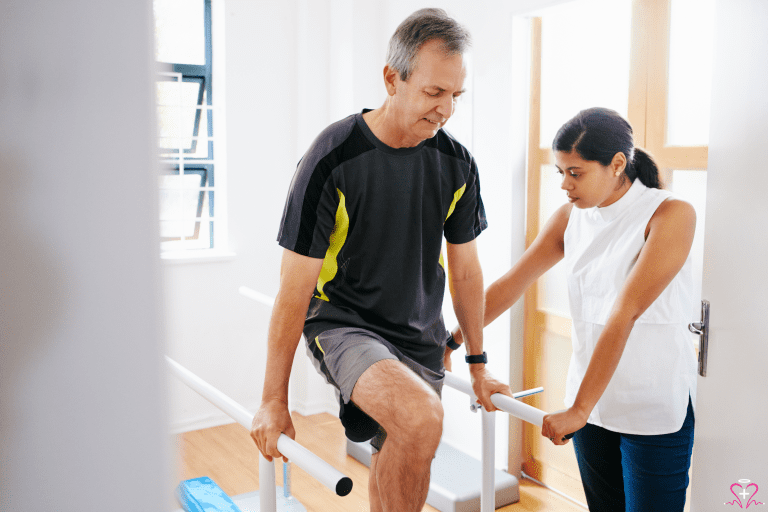Why Heart Health Is Critical
The heart works tirelessly to keep blood circulating, yet it grows more vulnerable as we age. High blood pressure, or hypertension, places extra strain on the cardiovascular system. Left unchecked, this can lead to complications like stroke, kidney damage, or heart failure. For seniors, managing blood pressure is essential to maintaining independence and avoiding hospitalizations. Paying attention to heart health also fosters better energy levels and mood. By keeping an eye on blood pressure, seniors can reduce the likelihood of experiencing debilitating cardiac events.
Identifying Warning Signs
Often called a ‘silent killer,’ high blood pressure may not present obvious symptoms. However, some warning signs include persistent headaches, dizziness, or shortness of breath. Seniors might also notice changes in vision or experience chest pain. If these symptoms arise, consulting a healthcare provider is crucial. Routine blood pressure checks help catch problems early, when lifestyle modifications and medication can most effectively manage them. This vigilance ensures seniors can continue enjoying their daily activities without undue risk to their well-being.
Strategies for Lowering Blood Pressure
Several lifestyle habits support healthier blood pressure. Reducing sodium intake helps regulate fluid balance in the body. Foods like fresh fruits, vegetables, and whole grains provide vital nutrients without excess salt. Engaging in moderate exercise—such as walking or water aerobics—strengthens the heart, making it pump more efficiently. Stress management, through techniques like meditation or breathing exercises, counters blood pressure spikes. Quitting smoking and limiting alcohol are also key steps. While these changes may take time, they often yield lasting benefits that improve overall cardiovascular health and vitality.
- Limit salt intake and choose whole foods
- Incorporate moderate exercise weekly
- Use relaxation methods for stress control
- Avoid smoking and excess alcohol
Medical Oversight
Professional guidance is paramount when dealing with heart health. Doctors can prescribe medications to regulate blood pressure and monitor for side effects. They also conduct regular tests, such as EKGs or blood work, to assess cardiac function. Dietitians offer personalized meal plans to balance nutrients that support heart health. Physical therapists help design gentle, heart-friendly workouts. This cohesive approach ensures seniors tackle multiple aspects of health simultaneously, minimizing the risk of complications. Scheduled appointments allow for timely adjustments and encourage seniors to stay committed to their care plans.
All Seniors Foundation’s Role
All Seniors Foundation recognizes the importance of comprehensive cardiovascular care. Through in-home assessments, they identify everyday risk factors—like high-sodium groceries or lack of exercise options—that may go unnoticed. The foundation’s nurses check blood pressure regularly and track trends. They collaborate with doctors, dietitians, and therapists to fine-tune each senior’s routine. Support can include meal-planning assistance or guidance on light physical activities suitable for various fitness levels. This integrated model ensures prompt responses to any changes in blood pressure or symptoms. As a result, seniors benefit from a steady, reliable framework that sustains heart health.
Prioritizing blood pressure control and overall heart health leads to a more active and fulfilling life. Seniors who keep their cardiovascular systems in top shape often enjoy more stamina and resilience. Open communication with healthcare providers and utilization of resources like All Seniors Foundation make it simpler to stay on track. By adopting healthy habits early and maintaining them, older adults can reduce hospital visits and focus on what matters most—spending time with family, pursuing hobbies, and living with confidence in their heart’s strength.










